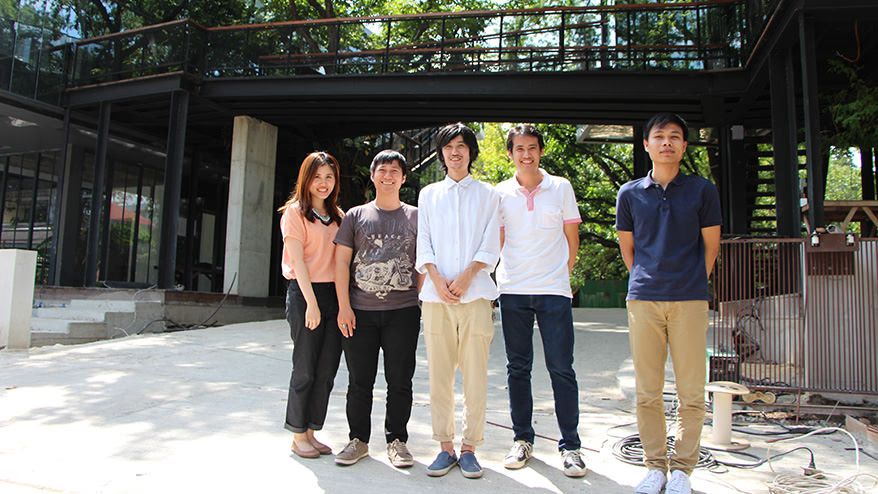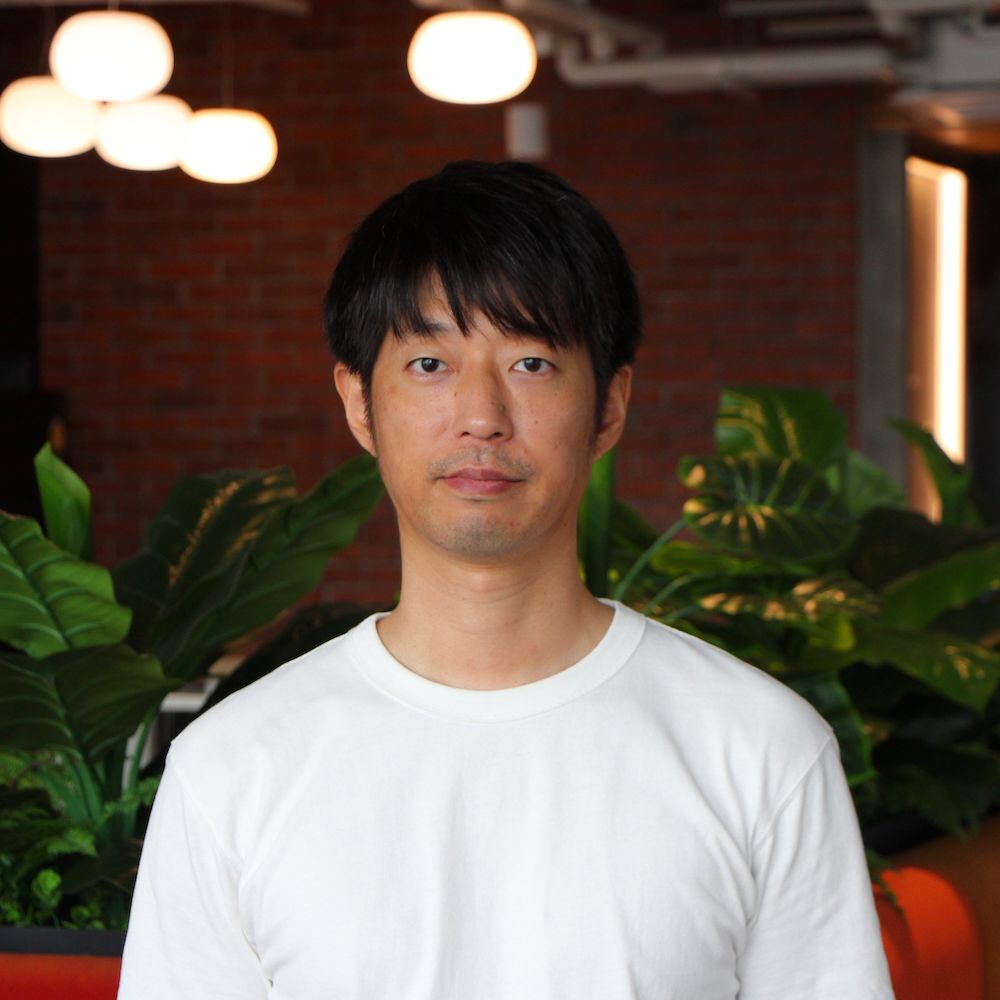前回は私がタイへ赴任することになった経緯をお伝えしましたが、今回は、モノサスがタイへ進出した背景のお話をしたいと思います。
深刻な人材不足
モノサスがタイへの進出を決意した理由には、いくつかの背景がありました。
私がモノサスへ入社したのは6年前ですが、当時はコーダーの募集に200名以上の応募が来ていたそうです。それが2, 3年の間に数十名程度にまで減り、なかなか日本で良い人材を採用するのが難しい状況でした。
それは今現在も変わらないようですが、原因としては、スマートフォンの爆発的な普及によりスマホサイトやアプリのニーズが高まる一方、開発に携わるエンジニアの数が間に合っていないこと。また、クラウド化の流れに伴い、SI業界とWeb 業界との間でフロントエンドエンジニアの奪い合いが起きたことなども、人材が不足した理由として考えられます。
さらに内部要因として、受注力に対して生産キャパシティーが不足していたという点でも、早急に対策を打つ必要があったのは事実です。
ただ、フロントエンドのWeb 開発では、デザインやインターフェースについての要件が曖昧な表現になることもあり、日本人以外での対応が難しいこともあります。そのため海外拠点では、日本のクライアントとのコミュニケーション工数比率が高くなるのではという懸念がありました。
日本人が多く住む国
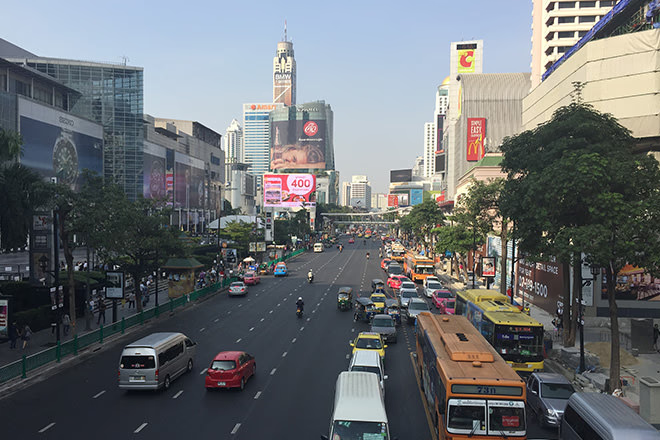
バンコク中心部にある、CentralWorld前の広場
ではなぜタイなのか?
タイは日本人が多く住み、日本人が働きやすい国なのです。
統計でもタイは世界で有数の在留邦人数を誇り、国別長期滞在者数では、アメリカ、中国に次いで第3位の6万3千人(2014年10月外務省統計)、都市別在留邦人数でも、LA、NY、ロンドン、上海に次いでバンコクが第5位と、世界の主要都市と肩を並べるほど日本人が多い都市であることが分かります。
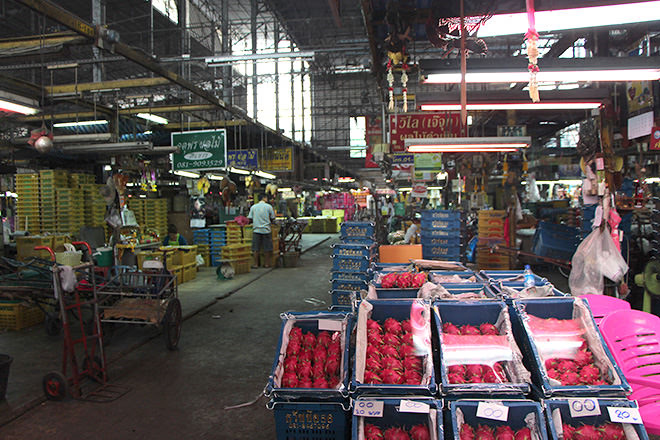
タラートタイ卸売市場。国内最大規模、24時間営業の青果卸売市場。
また、バンコクは都市圏の人口が1500万人ということもあり、商業施設も充実。レストランも多く、東京のように世界中の料理が食べられるほど飲食激戦区となっています。
日本食のお店も約1200店舗あり、一歩お店に入れば店員さんがタイ人なだけで、ここは日本かと錯覚するようなお店ばかり。日本食のお値段は日本と比べれば多少割高ですが、もちろん安く済ませようと思えばタイ料理が一食150円程でも食べられます。
国民性もとても親日的で日本文化に対しての理解も深く、欧米諸国であるような差別は感じることがありません。
オフショアでのフロントエンドWeb開発には日本人の存在が必要不可欠と懸念していましたが、バンコクには、東南アジアで最も日本人が暮らしやすく、働きやすい環境がありました。
驚きの連続、そしてうれしい誤算
そんなタイですが、様々なサービスにおける日本との品質のギャップや根本的な考え方の違いには、驚かされることが多くあります。
例えば飲食店では、客の数より多い店員が、食事中のテーブルの傍で掃き掃除を始めたり。タクシーでは乗り込む前にまずドライバーに行き先を伝えて了解をもらう交渉が必要。行き先によっては乗車拒否されることも日常茶飯事です。名刺を作れば色味が違い、銀行のATMですら紙幣を数え間違えるほどです。モノサスタイランドのオフィス移転に伴う内装工事においても、感覚のギャップを痛感しました。(『モノサスタイランドの内装工事奮闘記』)
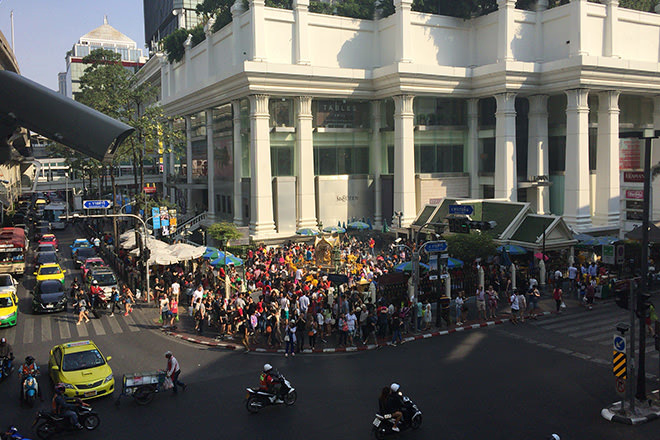
パワースポットとして知られるエラワンの祠。2015年8月17日に爆破テロがあった。
しかし、タイで驚きを感じたのはネガティブな面ばかりではありませんでした。
そもそも私たちがタイに拠点を求めたのは、海外でありながらストレスなく日本人が暮らせる環境や、在留邦人の多さを利点と考えた部分が大きくありました。言うなれば日本人のことばかり考えていたのです。ところが、現地で法人を構え、タイ人を雇用し、彼らと共に働いてみると、その優秀さに驚かされることになりました。
モノサスタイランドで働くタイ人スタッフは、皆少なからず日本に興味があり、外資系企業で日本人といっしょに働くということを理解したうえで入社しています。また、日本の品質基準や価値基準のもとで最新のWeb 技術を身につけたいという目的意識も持っています。
タイ国内で最難関の理系大学を出ているスタッフが多く、プログラミングの素養もさることながら、その他の能力においてもポテンシャルは計り知れません。フロントエンドのWeb開発に欠かせない「デザイン性」を理解できる文化習熟度もあり、最新の技術情報にアクセスできる英語力も充分。
そんな優秀な彼らと共に働けていることを誇りに思うと同時に、彼らのスキルをさらに高め、キャリアアップしていけるような仕組みづくりをしていかなければならないと考えるようになりました。彼らとともに未来を切り拓いていきたい、彼らとならやっていける、そう強く思えたことはうれしい誤算でした。
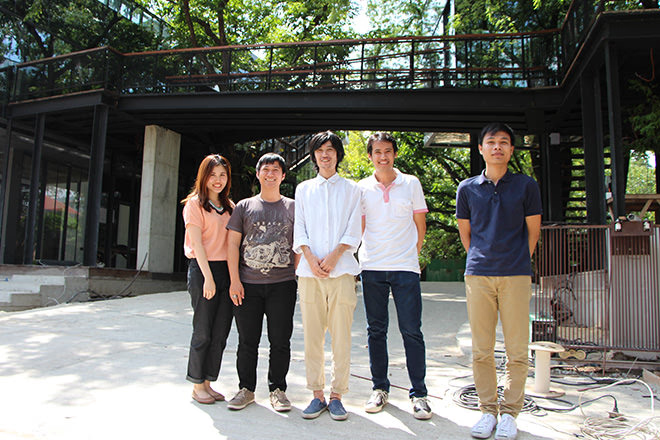
モノサスタイランドのスタッフ。オフィスがあるNaiipa Art Complex入口にて。周囲はまだ工事中。
今、日本モノサスからのタイ赴任は私だけですが、神山や大阪のように、働き場所のひとつとしてもタイのオフィスは存在します。日本か海外かということに意味はなく、人種や言語を超えて関わるプロジェクトが今後は当たり前になっていくはずです。
そんなグローバルな開発環境において活躍できるスタッフを輩出したい。教育課題は多いですが、タイであるということを最大限に活かして、会社も人も成長していきたいと思います。
